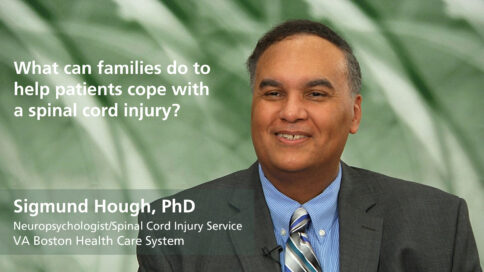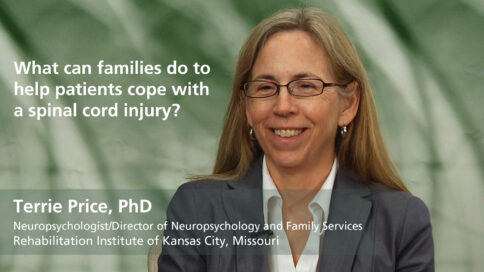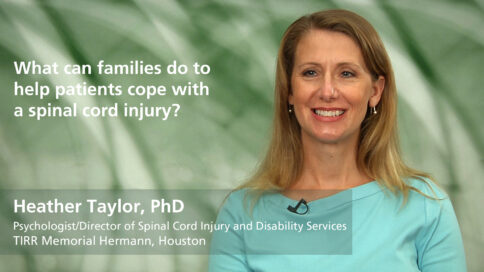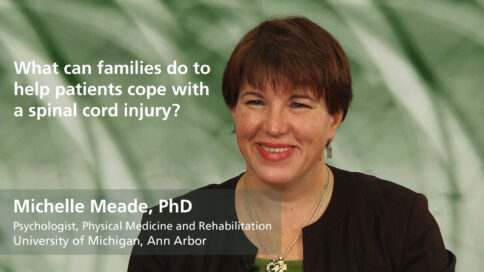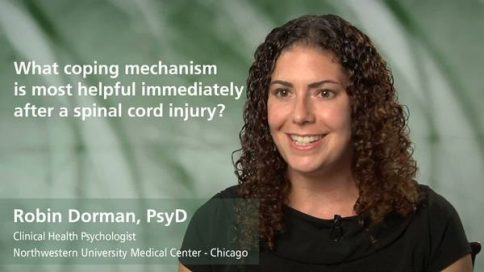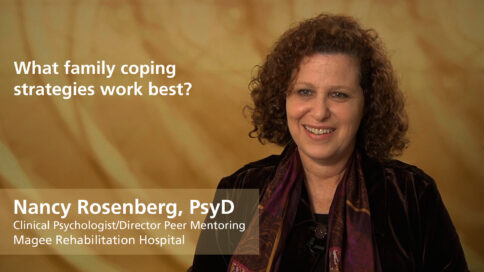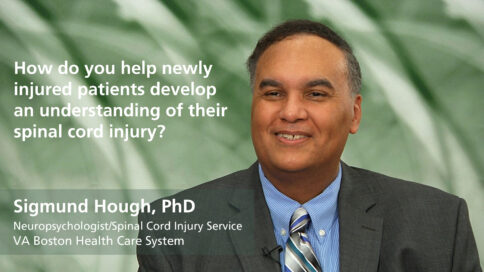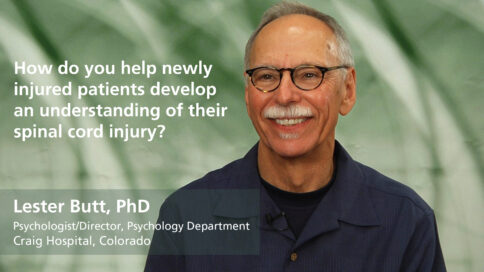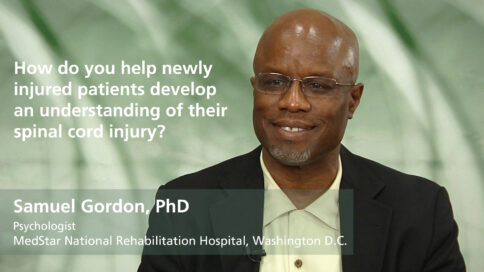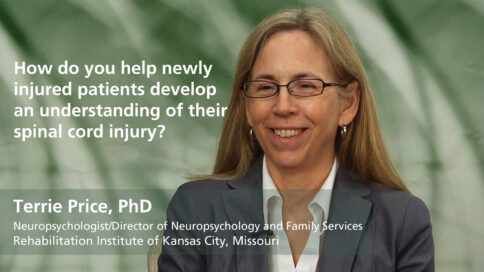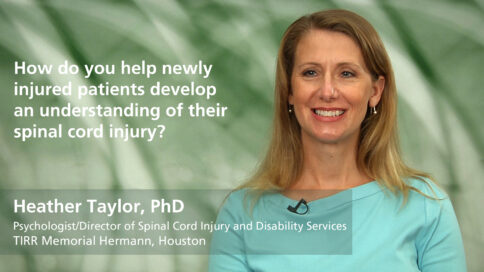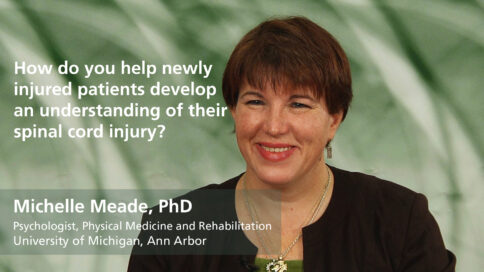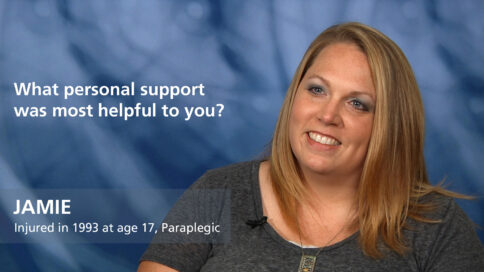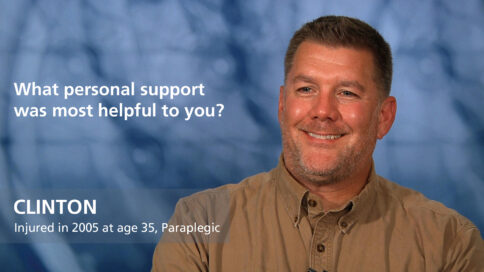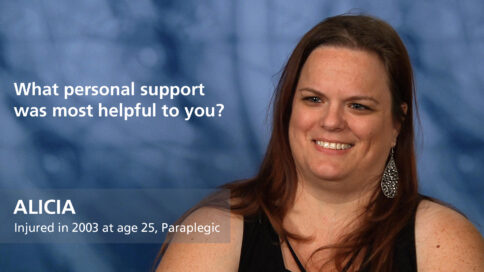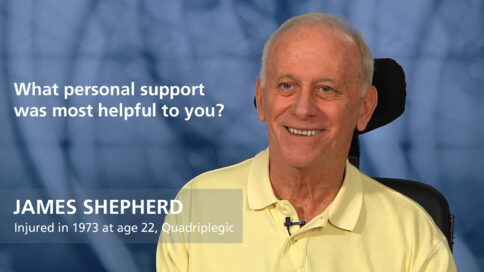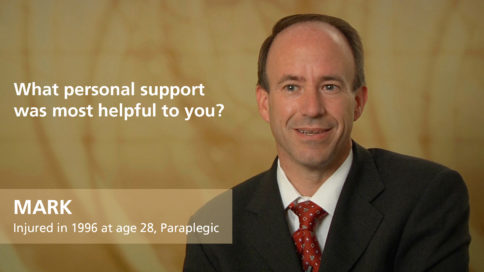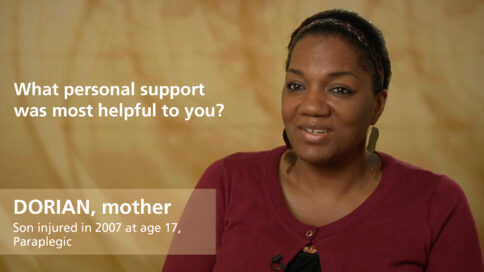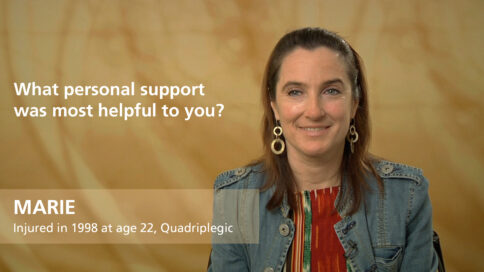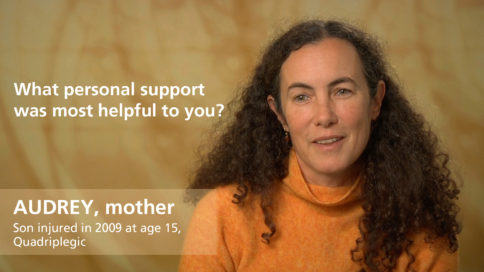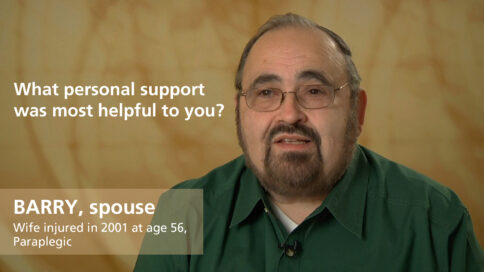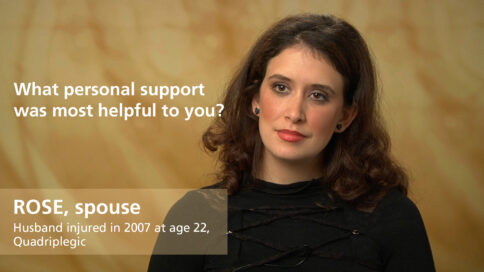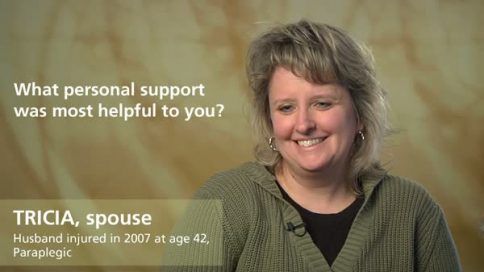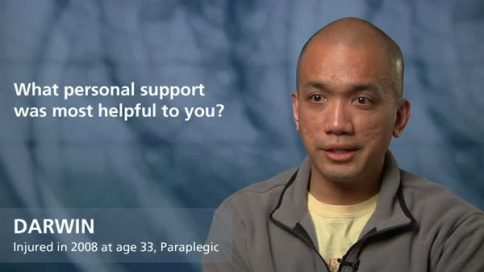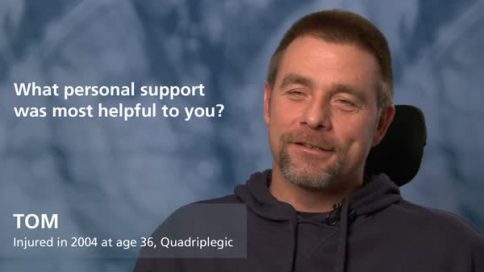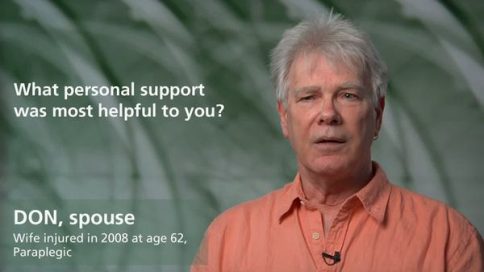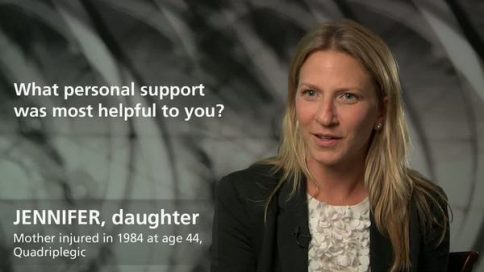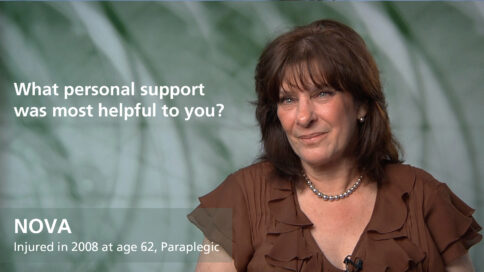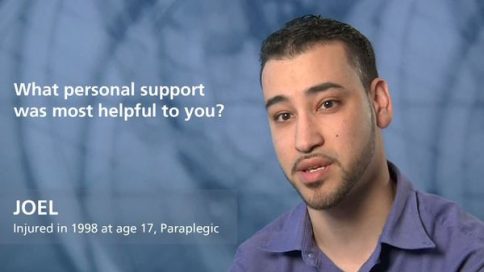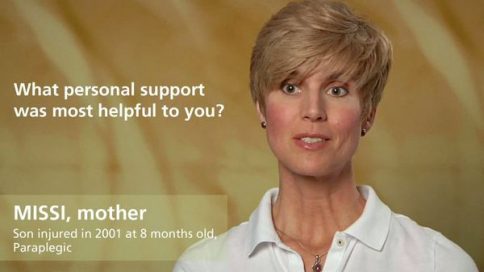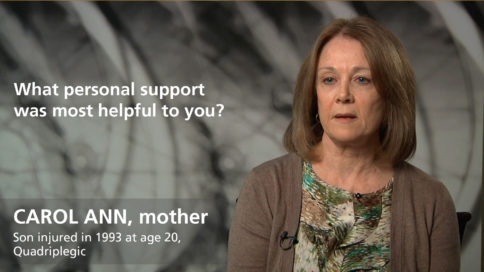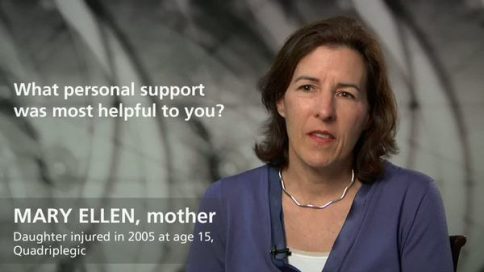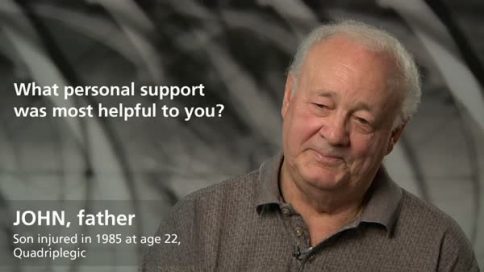What problem-solving strategies are effective after a new spinal cord injury? - Robin Dorman, PsyD
|
|
What problem-solving strategies are effective after a new spinal cord injury? |
|
Robin Dorman, PsyDClinical Health Psychologist, Northwestern University Medical Center, Chicago |
||
| Read Bio | More Videos by Robin Dorman | |
|
Share |
||
Transcript
Take stock of all the worries, all the "what ifs" that are going through your mind—and there will be many, many, many worries and "what ifs" going through your mind—and think about, "Which ones of these can I get more information about?" Or, "Which ones of these can I take steps to solve problems?" So, if the "what if" is, "What do I do about my home?" Start to gather information about what people do about their homes. The other side can be the "what ifs" and the worries that really aren't, there aren't answers to, or you can't find answers to in that immediate amount of time. You know, "What is our relationship going to look like?"—"What kind of enjoyment might I ever have again in my life?"—"Will I be able to work?" You know, all of these questions that can be, can be worries. And, for those in the beginning times, is where it's so important to have sounding boards, to have support, to listen to what other people have done, or simply share those fears. It can be very helpful for people at that stage to start writing in a journal, writing some of those fears, writing some of the questions, writing some of that, kind of, ruminating thinking, writing that down, get it out of your head, and onto a page, that can sometimes help it feel a little bit further away. It can also be very interesting and helpful later to go back to look at, "Wow, look at how far we've come."—"Look at the kinds of things I was worrying about."
Show Less|
|
||
add
What problem-solving strategies are effective after a new spinal cord injury? |
||
Robin Dorman, PsyDClinical Health Psychologist, Northwestern University Medical Center, Chicago |
More Videos by Robin Dorman | |
| Transcriptadd | share | |
Take stock of all the worries, all the "what ifs" that are going through your mind—and there will be many, many, many worries and "what ifs" going through your mind—and think about, "Which ones of these can I get more information about?" Or, "Which ones of these can I take steps to solve problems?" So, if the "what if" is, "What do I do about my home?" Start to gather information about what people do about their homes. The other side can be the "what ifs" and the worries that really aren't, there aren't answers to, or you can't find answers to in that immediate amount of time. You know, "What is our relationship going to look like?"—"What kind of enjoyment might I ever have again in my life?"—"Will I be able to work?" You know, all of these questions that can be, can be worries. And, for those in the beginning times, is where it's so important to have sounding boards, to have support, to listen to what other people have done, or simply share those fears. It can be very helpful for people at that stage to start writing in a journal, writing some of those fears, writing some of the questions, writing some of that, kind of, ruminating thinking, writing that down, get it out of your head, and onto a page, that can sometimes help it feel a little bit further away. It can also be very interesting and helpful later to go back to look at, "Wow, look at how far we've come."—"Look at the kinds of things I was worrying about."
